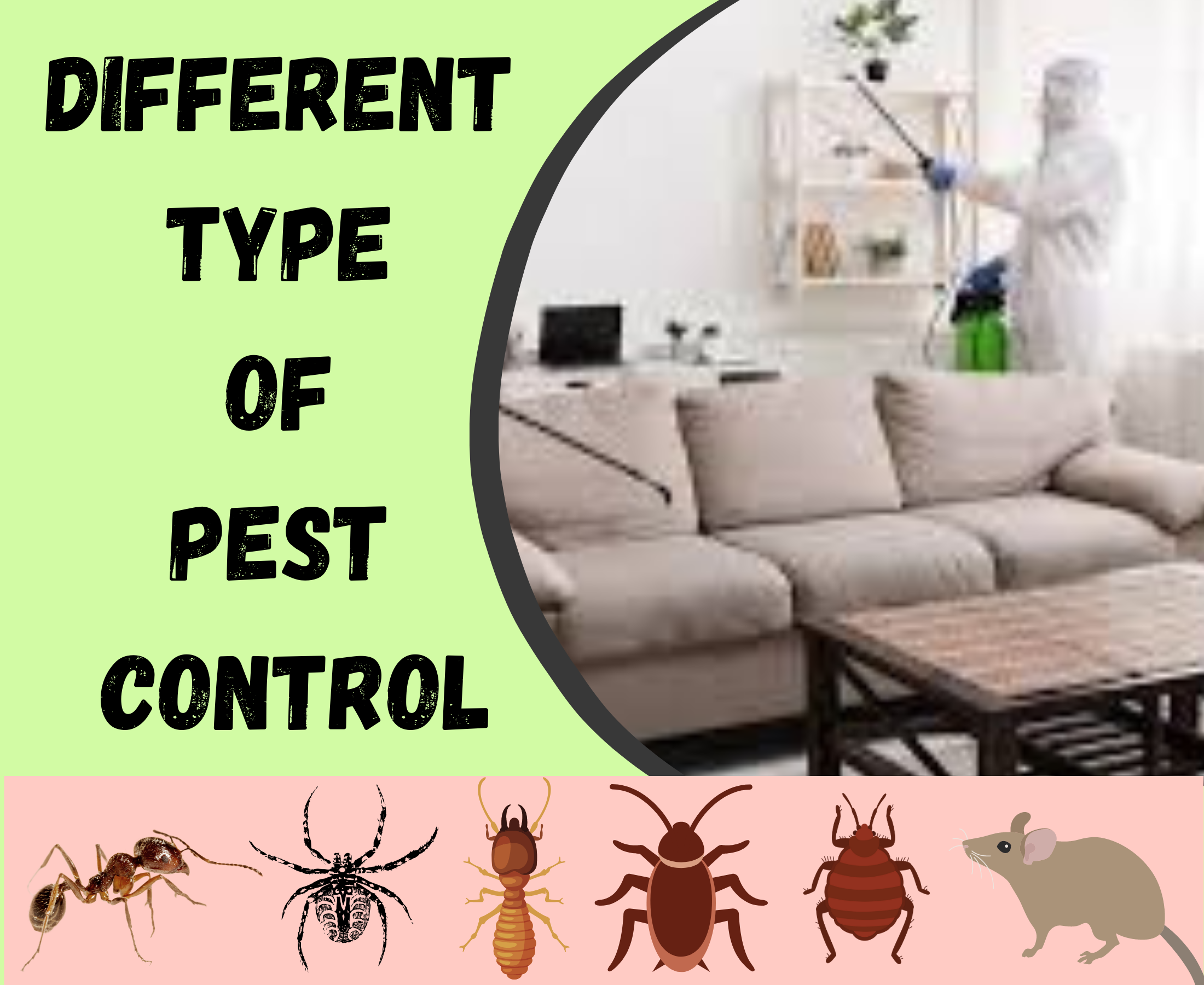Pest Control Fundamentals Explained
Pest Control Fundamentals Explained
Blog Article
The Only Guide to Pest Control
Table of ContentsSome Known Details About Pest Control Pest Control Fundamentals ExplainedThe Best Strategy To Use For Pest ControlThe Facts About Pest Control UncoveredEverything about Pest Control
Limitations of Chemical Management Have the ability to evaluate bug problems, identify if management is needed, and make ideal referrals making use of IPM methods. Recognize with various techniques of bug administration - their benefits and restrictions. Comprehend the worth of useful bugs. It is not possibleor also desirableto rid gardens of all pests.This phase reviews (IPM), a strategy that utilizes knowledge concerning bugs and their, methods, nonchemical approaches, and pesticides to manage pest troubles. Added information concerning IPM for particular plants is consisted of in chapters that focus on those plants. Nonchemical parasite control steps are emphasized in phase 17, "Organic Gardening." Handling birds and animals is covered in chapter 20, "Wild animals." Managing in the lawn and yard is covered in chapter 6, "Weeds." Parasites in a garden or landscape might include bugs and termites, weeds,, mammals, and birds.
Bugs and weeds, nevertheless, play a duty in the. After planting a garden or establishing a yard, the natural process of plant sequence begins to reestablish and nonnative plants.
What we call "insects" belong to an all-natural system at the office. An environment has no pests. Only humans think about specific types parasites when they occur where they are not wanted. We will be more successful in managing unwanted species when we realize that these organisms adhere to foreseeable patterns that we can use to our advantage.
Not known Facts About Pest Control
Pests susceptible to a chemical were swiftly eliminated, leaving resistant ones to reproduce and multiply. It became clear that chemicals alone would certainly not fix all pest troubles. Rather, overuse of pesticides triggered the advancement of immune insects. Researchers began to create a brand-new approach to pest control. This new technique was called integrated pest monitoring (IPM).
An IPM plan permits some level of insects in the setting. Insects are a lot less most likely to make it through a program that makes use of various methods of minimizing their populations. Integrated insect monitoring was first suggested by entomologists due to the fact that insects were the very first team of pests to verify hard to manage with chemicals alone.
A limit is the point at which action ought to be taken. IPM has prolonged beyond insects to administration of all pest populaces: weeds, illness microorganisms, and animals.
How Pest Control can Save You Time, Stress, and Money.
Management rather than eradication of pests is the goal. An IPM plan starts with a careful evaluation of each parasite infestation. Only after that can one determine concerning the appropriate tactics essential to subdue pest activities. The life process of the pest, feasible damages, natural adversaries, and results of weather condition, among various other elements, are thought about prior to a control plan is implemented - Pest Control.
Clover growing in a grass may be deemed an unwanted weed, however as a legume it is manufacturing nitrogen for the soil and the flowers are offering nectar to honey bees and other. Resistance for some weeds may belong to an IPM plan. may be consuming the leaves of a plant, however when they are identified as the larvae of Eastern tiger swallowtail butterflies, their damages might be tolerated so we can appreciate the lovely butterfly.

The second most vital tool in bug administration is early intervention. Responding to problems promptly, before they have time to increase, needs a much less remarkable treatment.
Pest Control Can Be Fun For Everyone
Several safe, useful, nonchemical techniques of plant protection and bug monitoring might decrease or get rid of the requirement to spray. Various other methods are most helpful when made use of with chemicals. To apply monitoring practices properly and to lessen losses, garden enthusiasts need to know the sorts of pests that assault plants and comprehend pest biology.

Conducting a dirt test and using only the advised amount of plant food and lime makes best use of the benefit to the plant while decreasing problems associated with extreme use plant food - Pest Control. Treatment the soil with a number of inches of compost secures the plant in several methods: lowering soil water loss to evaporation, decreasing weed competition, offering nutrients, and creating an appropriate setting for earthworms and microorganisms that maintain the dirt loose for roots and damage down organic product to launch nutrients
If mulch touches the trunk, it can develop a way for voles, bacteria, and fungis to strike the plant. Do not make use of manure or garden compost that has actually not thoroughly broken down as a top dressing since it can motivate unfavorable bugs. Research suggests that farming is destructive to dirt framework.
The Of Pest Control
If tilling is deemed essential, consider doing it in the loss when the life process of numerous pests brings them near the surface area. At the surface, parasites come to be subjected to the weather as well as birds and various other natural opponents. Autumn tilling can also damage bugs in plant deposits. Use disease-free and insect-free qualified seeds and plants if available.
Report this page